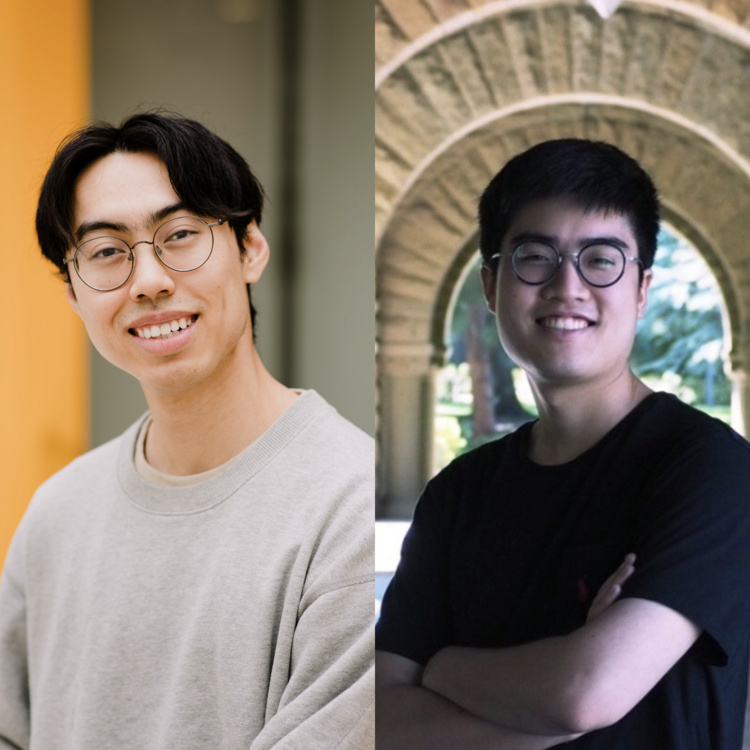
CogLunch: Tony Chen "Efficient representations for resource rational reasoning" & Hokyung Sung "An experimental proposal towards naturalizing normativity"
Description
Speaker: Tony Chen
Title: Efficient representations for resource rational reasoning
Abstract: Humans plan, reason, and make predictions in a complex world, containing far more things than can be represented at once with our limited resources. This means that we have to be efficient in what we choose to represent - but how do we figure out what's relevant for the problem at hand? In this talk, we present an algorithmic account of reduced representations and relevance in a physical prediction task. Our model, along with experimental results suggest that people construct representations dynamically - interleaved with simulation, and lazily - adding objects only when they are expected to become relevant, and not before . I’ll also conclude with a brief discussion of related work that is ongoing / in early stages.
Speaker: Hokyung Sung
Title: An experimental proposal towards naturalizing normativity
Abstract: How does the mind decide what is normal? How does the brain know what state it is supposed to be in? A fully naturalistic account of how the mind/brain takes its own state to be abnormal and brings it back to being normal would be valuable for understanding many facets of human cognition, ranging from explanation-seeking to flexible goal-generation to social/normative cognition. Decades of evidence from cognitive neuroscience suggests the existence of a domain-general machinery in the brain that gives rise to normativity, with the Anterior Cingulate Cortex (ACC) as a key node involved in the detection of anomalies. Understanding how ACC comes to detect anomalies would be an important first step towards naturalizing normativity. Broadly, there are two competing possibilities: one hypothesis is that ACC detects anomalies by keeping track of the statistics of the activity of its upstream regions, such that any out-of-distribution activity in upstream regions leads to anomaly detection in ACC. A competing hypothesis is that ACC tracks the coherence of neural activity patterns across regions, such that only context-dependent deviations get taken in as an anomaly. In this presentation, I wish to propose a systems neuroscience experiment that aims to directly address these hypotheses.

